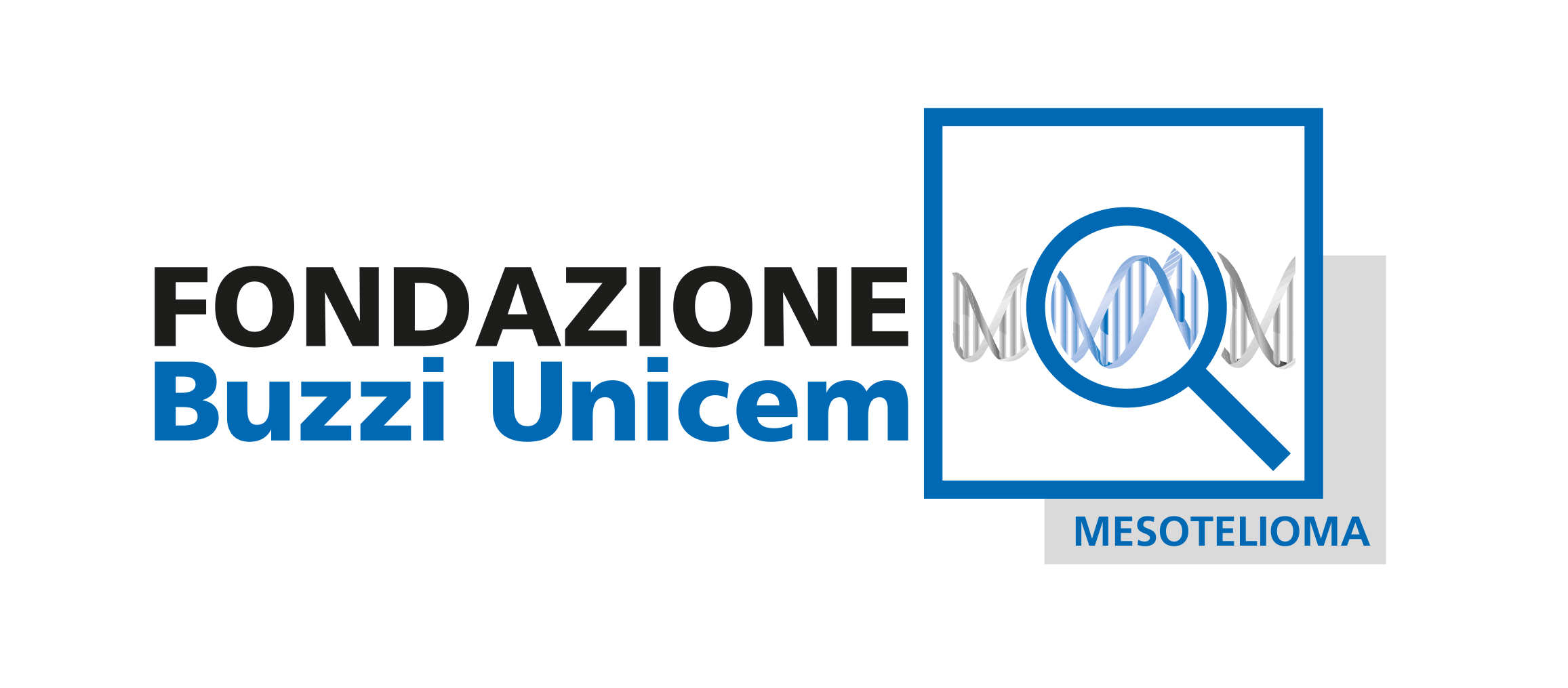Evaluation of GRP78 and the eIF6 transcription factor in malignant mesothelioma
SUMMARY OF THE RESEARCH PROJECT
FUNDED BY THE BUZZI UNICEM FOUNDATION
PROJECT LEADER:
Dr. Stefano Biffo
SITE:
San Raffaele, Milan
PROJECT STATUS:
Completed
RESEARCH SUMMARY:
This research is being conducted at the laboratories of San Raffaele and the DISAV in conjuction with Professor Burlando.
The first part of the research involved studying the protein translation in mesothelioma.
Dr. Grosso has shown that mesothelioma cells have a unique protein translation pathway. In mesothelioma cells, in fact, translational control is independent of the stimulation activated by external growth factors and the intracellular pathway of mTOR kinase is inherently active. It was also demonstrated that inhibiting this pathway with rapamycin in mesothelioma cells is not sufficient to block translation and cellular growth. The mechanism underlying resistance was therefore studied, and it was found that a viral infection carrying the expression of 4E-BP, the negative regulator of MTORcl, sensitizes the cells to rapamycin. The effects of new mTOR inhibitors that block the catalytic site have also been studied. For example, the application of PP242, a competing mTOR inhibitor, blocks both the ability to inactivate 4E-BP and Akt. The effect of PP242 on the growth of cells is still being investigated, however.
The second part of this project involved the study of the Grp78 protein.
Dr. Ranzato has shown that mesothelioma cells express the endoplasmic reticular protein grp78, whose overexpression is associated with malignant transformation. EGCG is being seriously considered as a potential chemopreventive and chemotherapeutic agent for treating tumors. Various studies have already demonstrated its use in combination with conventional chemotherapy agents.
Despite the data available on the effect of EGCG on various tumor cells, we still do not know whether mesothelioma cells are sensitive to this agent. It has been shown that coadministration of EGCG, ascorbate and gemcitabine have a devastating effect on the growth of mesothelioma cells. Future work will involve studying the mechanism of action of EGCG on mesothelioma cells, particularly in combination with other chemotherapies already used for treating mesothelioma.
UPDATE (JANUARY 2011)
The analysis of the effect of PP242 on cellular growth and the study of the eIF6 factor in tumor biopsies will be published in the future.
The data obtained from this research has also been presented at various congresses and conventions.
